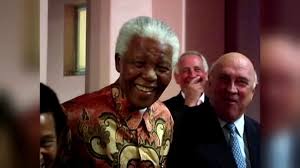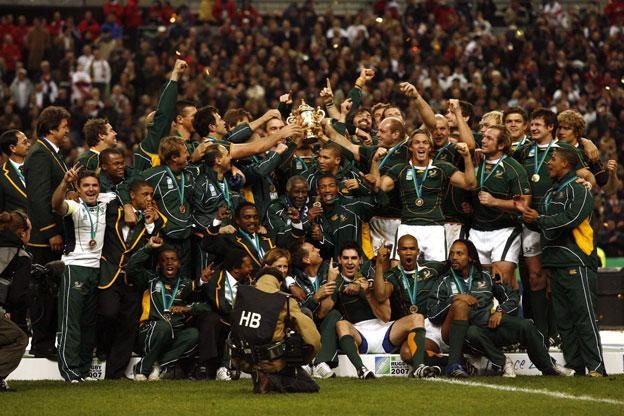For all of us home is defined by a number of things. Our home culture may be characterised by multiple general and specific qualities. Defining South African culture on this basis may well be different for each of us. However, there will be things that we share, and which bring us together. Our heritages and ethnic/racial backgrounds may be different, but we still call South Africa home. There are many diverse and distinct languages and cultures within our southern homeland; and some are calling us the Rainbow nation in response to this fact. Perhaps, we all have a greater hope for the future than some others do?
They Call Us the Rainbow Nation
Defining South African culture is more about inclusion than exclusion in 2020. We want to gather all of us together in a defining embrace. We want to make right the wrongs perpetuated by forty years of apartheid and discover a brighter future for all. South Africa is made up of Khoi, San, Xhosa, Zulu, Pedi, Dinka, Himba. Berber, Tswana, Ndebele, Boer, Anglo, Indian, Arab and many more peoples who all create a dynamic rainbow of colours and cultures. The warmth and wide smiles are shared by South Africans across this exotic land. On a good day we all share an energy and resourcefulness rarely found in other climes.
A Land of Startling Beauty & Cultural Diversity
The land where modern human beings first emerged is one of startling beauty and dramatic skylines. Flora and fauna abound in blazes of colour and movement. We are all humbled by the richness of our homeland and share a deep respect for the life around us. There have been challenging times and there will be going forward as well. But we have learned that things are infinitely better when we tackle them together as South Africans. Black and white, gay and straight, rich and poor, man and woman, urban and bush dwellers, we all share a heritage.
Embracing the diversity of 21C South Africa is an empowering thing for all Saffers going forward. We can remember the good bits about our upbringings in the distant past and our defining South African culture, but the bigger picture is really about the future. Together we can bring all the strands of the rainbow nation into one irresistible band of colour and energy. We can share the optimism of a young nation going ahead in leaps and bounds. This is what it really means to be South African.
They Call Us the Rainbow Nation
Defining South African culture is more about inclusion than exclusion in 2020. We want to gather all of us together in a defining embrace. We want to make right the wrongs perpetuated by forty years of apartheid and discover a brighter future for all. South Africa is made up of Khoi, San, Xhosa, Zulu, Pedi, Dinka, Himba. Berber, Tswana, Ndebele, Boer, Anglo, Indian, Arab and many more peoples who all create a dynamic rainbow of colours and cultures. The warmth and wide smiles are shared by South Africans across this exotic land. On a good day we all share an energy and resourcefulness rarely found in other climes.
A Land of Startling Beauty & Cultural Diversity
The land where modern human beings first emerged is one of startling beauty and dramatic skylines. Flora and fauna abound in blazes of colour and movement. We are all humbled by the richness of our homeland and share a deep respect for the life around us. There have been challenging times and there will be going forward as well. But we have learned that things are infinitely better when we tackle them together as South Africans. Black and white, gay and straight, rich and poor, man and woman, urban and bush dwellers, we all share a heritage.
Embracing the diversity of 21C South Africa is an empowering thing for all Saffers going forward. We can remember the good bits about our upbringings in the distant past and our defining South African culture, but the bigger picture is really about the future. Together we can bring all the strands of the rainbow nation into one irresistible band of colour and energy. We can share the optimism of a young nation going ahead in leaps and bounds. This is what it really means to be South African.



 RSS Feed
RSS Feed

